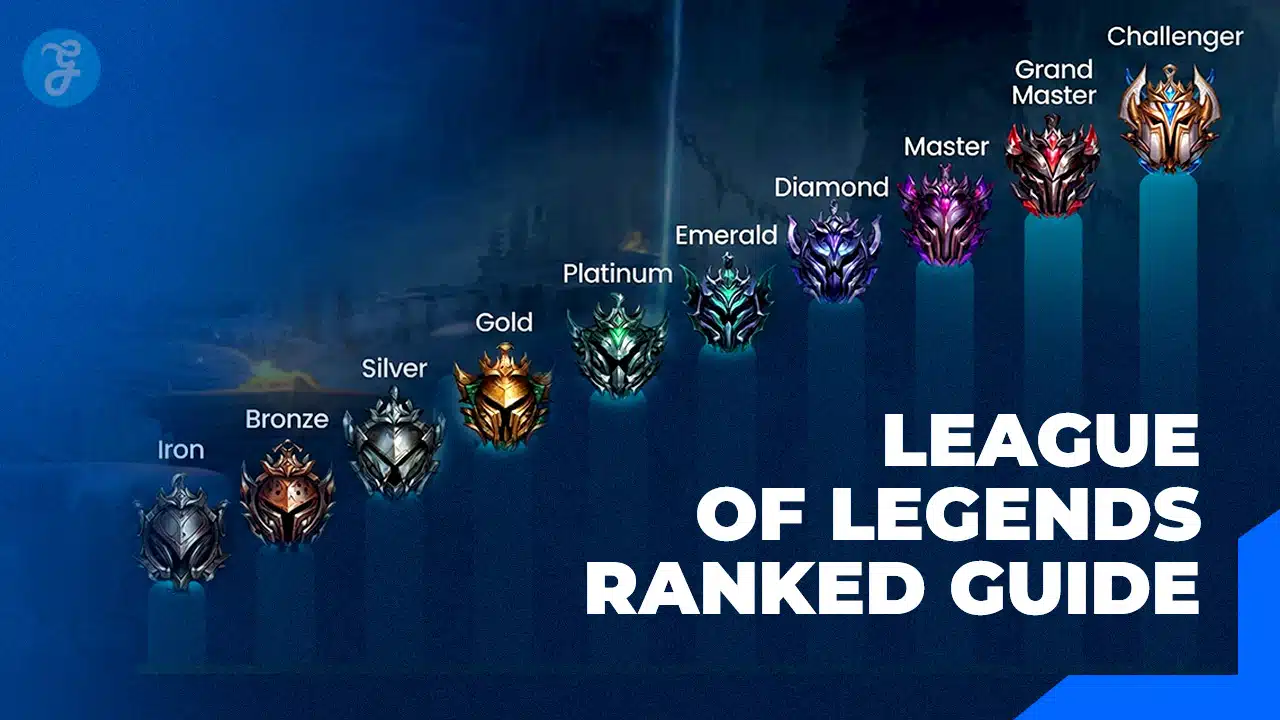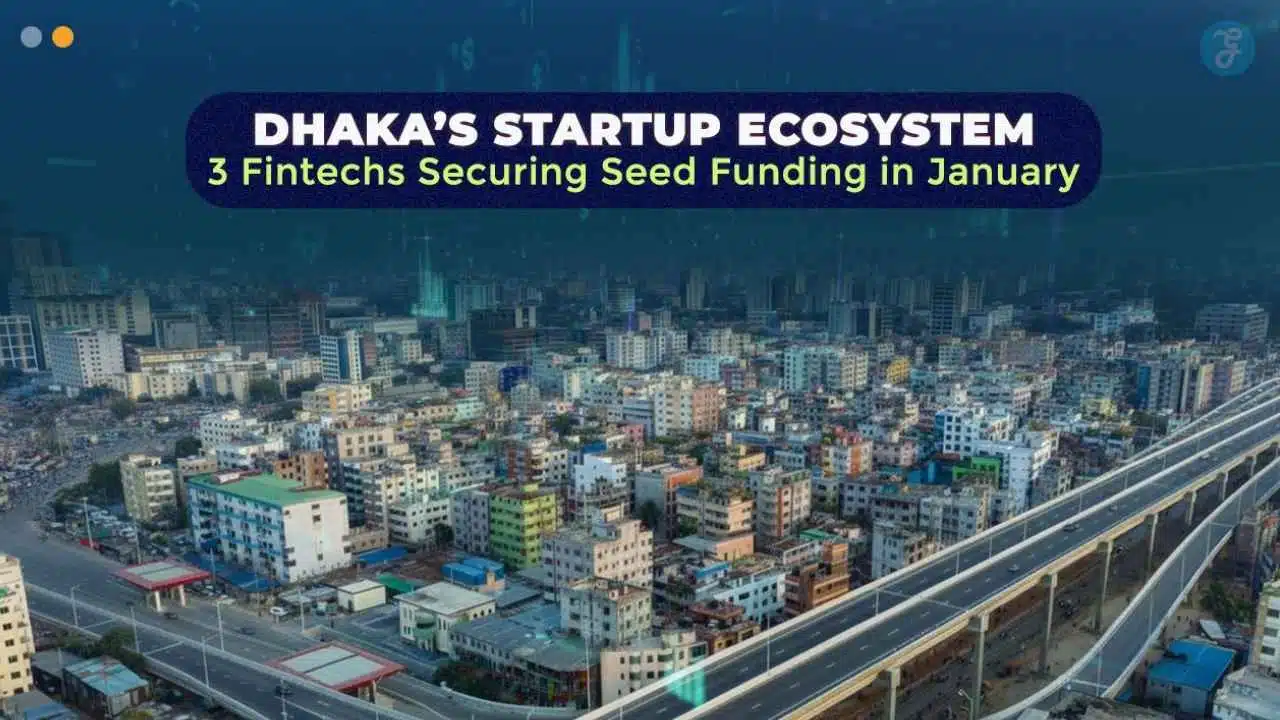The Food and Beverage (F&B) industry plays a critical role in global food systems, and in recent years, there has been a massive shift towards adopting sustainable practices.
From farm to fork, businesses in the F&B sector are increasingly focused on minimizing environmental impact. They actively promote ethical sourcing, reduce food waste, and support community well-being.
This article explores the many dimensions of sustainable food practices within the F&B industry, including fundamental principles, innovative solutions, challenges, and benefits.
Understanding Sustainable Food Practices
Sustainable food practices encompass a range of initiatives to create a more environmentally friendly, socially responsible, and economically viable food system. One of the fundamental principles of sustainability in the F&B industry is ethical sourcing.
This principle involves sourcing ingredients from suppliers that prioritize fair labor practices, environmental stewardship, and animal welfare. By partnering with ethical suppliers, your F&B business can contribute to positive social and environmental outcomes while building consumer trust.
Another critical aspect of sustainable food practices is reducing food waste. The F&B industry is notorious for its waste generation, from excess food in restaurants to unsold supermarket produce.
Implementing portion control, inventory management, food donation programs, and composting strategies can help minimize waste and divert surplus food from landfills. These initiatives not only help improve the environment but also contribute to resolving issues of food insecurity and hunger in communities.
Innovative Solutions for Sustainability
Adopting technology and innovation is crucial in driving sustainable practices within the F&B industry. For example, precision agriculture uses data analytics, sensors, and automation to optimize crop production, reduce water usage, and minimize chemical inputs.
Similarly, you could utilize blockchain technology to create transparent supply chains, allowing your consumers to trace the journey of their food from farm to table and verify its sustainability credentials.
Additionally, alternative protein sources such as meat sticks, plant-based proteins, and cultured meats are gaining popularity as sustainable alternatives to conventional animal agriculture. These alternatives have a smaller environmental footprint, produce lower greenhouse gas emissions, and require fewer resources than traditional livestock farming.
As consumer demand for plant-based options continues to rise, F&B businesses have diversified their offerings and incorporated sustainable proteins into their menus.
Challenges and Considerations
While sustainable food practices can offer numerous advantages, they also come with challenges and considerations that businesses, consumers, and policymakers must address.
Complex supply chains
The food supply chain is often complex and involves multiple stakeholders, processes, and geographic locations. Ensuring sustainability across your entire supply chain—from production to consumption—requires coordination and transparency among your producers, suppliers, distributors, retailers, and consumers.
Cost and economics
Implementing sustainable food practices may involve upfront investments in technology, infrastructure, certifications, training, and compliance with sustainability standards. Your business may need help balancing the costs of sustainability initiatives with pricing competitiveness and profit margins, especially if it is a small or medium-sized enterprise with limited resources.
Consumer awareness and demand
While consumer demand for sustainable food products grows, there are still challenges in raising awareness, educating consumers about sustainability issues, and changing consumption patterns. Some consumers may prioritize convenience, taste, and price over sustainability, posing challenges for your business in promoting and selling sustainable food options.
Regulatory compliance
Compliance with regulations, standards, and certifications related to sustainability, food safety, labeling, and environmental impact is a crucial consideration for businesses in the food industry. Keeping up with evolving regulations, maintaining certification requirements, and ensuring transparency in reporting can be complex and resource-intensive.
Supply chain resilience
The food supply chain is vulnerable to extreme weather events, natural disasters, geopolitical issues, and global pandemics. Building resilience in the supply chain, ensuring food production and distribution continuity, and addressing vulnerabilities related to climate change and international trade are critical challenges for sustainable food practices.
Water and resource management
Sustainable food practices require efficient water management, resource conservation, and waste reduction throughout your food production and processing stages. Water scarcity, soil degradation, deforestation, and overuse of chemical inputs need to be addressed through sustainable farming practices, innovation, and technology adoption.
Technology and innovation
Embracing technology and innovation is crucial for advancing sustainable food practices, improving efficiency, reducing waste, and enhancing transparency in the supply chain. However, adopting new technologies, data analytics, digital platforms, and sustainable packaging solutions may require investments, skills development, and adaptation to evolving trends and consumer preferences.
Benefits of Sustainable Food Practices
Embracing sustainable food practices offers numerous benefits for your F&B business, consumers, and the planet.
Environmental conservation
Sustainable food practices promote environmental conservation by reducing carbon emissions, minimizing water usage, preserving biodiversity, and promoting soil health. Sustainable farming methods such as organic farming, agroecology, and regenerative agriculture contribute to healthier ecosystems and mitigate the adverse effects of food production on the environment.
Resource efficiency
Sustainable food practices emphasize resource efficiency by optimizing energy use, reducing waste generation, and conserving natural resources such as water and land. Efficient farming techniques, precision agriculture, and water-saving irrigation methods contribute to sustainable resource management and reduce the ecological footprint of food production.
Climate resilience
Addressing climate change impacts is a crucial benefit of sustainable food practices. By adopting climate-smart agricultural practices, reducing greenhouse gas emissions, and promoting agroforestry and sustainable land management, the F&B industry can build resilience to climate-related risks such as droughts, extreme weather events, and crop failures.
Improved food security
Sustainable food practices improve food security by promoting diverse and resilient food systems, supporting local food production, reducing food waste, and enhancing access to nutritious food for communities. The F&B industry can improve nutrition and health outcomes by addressing food insecurity and promoting sustainable diets.
Ethical sourcing and fair trade
Sustainable food practices prioritize ethical sourcing, fair labor practices, and responsible supply chain management. Fair trade, sourcing transparency, and wages contribute to social equity, poverty reduction, and empowerment of marginalized communities.
Healthier food choices
Sustainable food practices promote healthier choices by emphasizing plant-based foods, whole grains, fruits, vegetables, and sustainably sourced proteins. Consuming nutritious and sustainably sourced foods is linked to a lower risk of chronic illness, improved well-being, and better food safety and quality.
Consumer trust and brand reputation
Businesses that adopt sustainable food practices build trust and credibility with consumers who prioritize environmental and social responsibility. Transparent labeling, certification programs (such as organic, fair trade, and non-GMO certifications), and sustainability reporting enhance consumer trust, loyalty, and brand reputation.
Cost savings and efficiency
Businesses can achieve long-term cost savings by implementing sustainable food practices, improving efficiency, reducing waste, lowering energy consumption, and optimizing resource utilization. Sustainable practices contribute to operational resilience, risk mitigation, and long-term profitability for F&B businesses.
Global sustainability goals
Adopting sustainable food practices aligns with global sustainability goals like the United Nations Sustainable Development Goals, which include goals related to climate action, zero hunger, responsible consumption and production, and partnerships for sustainable development. The F&B industry is vital in advancing global sustainability efforts by contributing to these goals.
Promote Better Sustainability Today
Sustainable food practices are essential for the long-term viability and resilience of the food and beverage industry.
By adopting ethical sourcing, reducing food waste, embracing innovation, addressing challenges, and realizing sustainability benefits, F&B businesses can build a more sustainable and equitable food system.
Consumer awareness, industry collaboration, policy support, and technological advancements will continue to drive sustainable food.








































